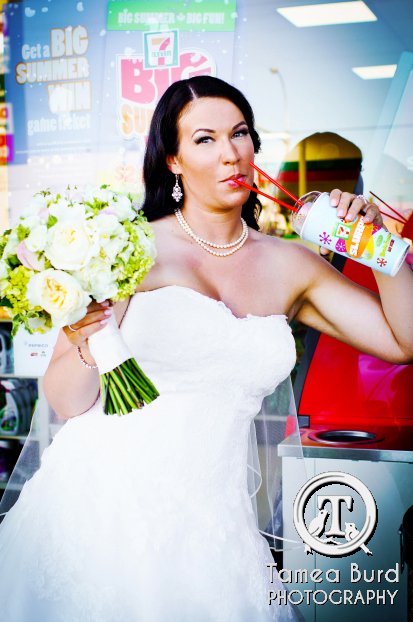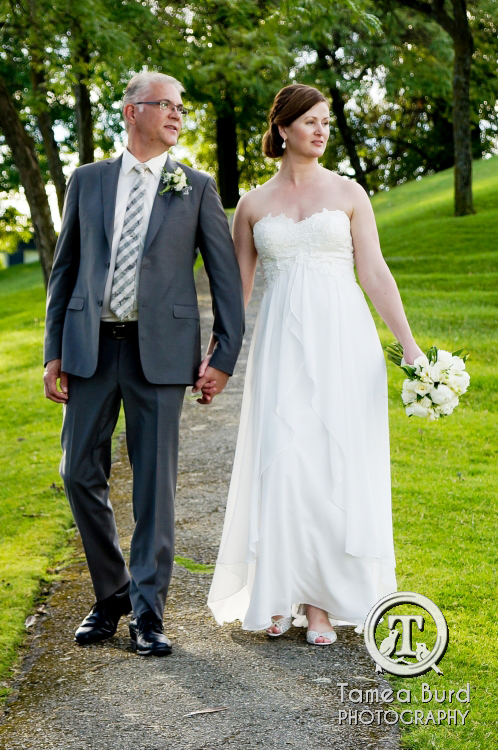
Since the invention of the camera, professional photographers have had to charge a certain base amount in order to run a business. This is to cover the expenses of our equipment, our experience, our time and our operating costs. Most importantly, it also covers the days and weeks of work involved in editing and processing the images we deliver to our clients. As with any specialized profession (particularly one that’s expensive to run and maintain) bargain-basement pricing is not an option.
Professional photography isn’t cheap. It never has been. But for what should be a commonly known fact, a surprising number of people arbitrarily place an unrealistically low value on it. “Well, I thought a two hour portrait session would be around $75.” Or, “I’m getting married and my photography budget is $300 for the whole day.”
You can often find information about a photographer’s rates on their website. If not on a page called ‘pricing’, it will be on a page called ‘rates’, ‘services’, or ‘investment’. Sometimes however, a photographer will prefer that you contact them directly, as quotes can vary depending on the services you require.
If you do contact a photographer and don’t get a straightforward listing of their rates, that can mean that there are hidden costs and ‘extra’ fees involved. However, most photographers who provide wedding, business or personal images, will give you a clear breakdown (either on their website or in a customized quote, or both) as to the prices you can expect.
In this world of short attention spans and information overload, most people just barely skim the details available to them. Which ironically, often results in wasting time, not saving it. It’s just logical that if you have no idea what something costs, you should take a few minutes to compare prices before contacting service providers.
To save yourself some effort, time and sticker-shock:
- Do some research first. If you’re getting married, before you contact wedding photographers, educate yourself about what to expect. Ask married friends what they paid. Read wedding blogs, wedding magazines, wedding boards… When you do, you’ll quickly realize that a wedding photography budget of less than $1500 (minimum) is very unrealistic, as is expecting to hire a photographer for two hours or less.
- If you’re hiring a portrait, headshot or corporate photographer, take the time to comparison shop online. Check at least four or five local photographer websites and take note of the starting prices. They will most likely be within a similar range, although the included services will vary.
- Check the pricing information available to you before contacting any photographers. This will prevent you from wasting your time (and the photographer’s) if their rates are too far out of your budget.
A conscientious photographer will always give a detailed response to an inquiry. Whether it’s on the phone or by email, the average inquiry takes at least fifteen minutes to reply to. The issue of price rarely comes up at the beginning, because there are several things we need to know before we can give you an accurate quote.
Maybe fifteen minutes doesn’t seem like much, but when we’re responding to several inquiries a day, or a week, it adds up. We aren’t paid for that time. So when photographers answer your questions, get your details and describe our services in detail, it’s very frustrating to be told ‘Oh, that’s a lot more than I expected’ when we tell you our rates. Especially so when our pricing is listed and easy to find on our websites.
What does it cost to hire a professional photographer?
As with most things, costs vary to some degree. One of the main factors in this, is geographic location. The cost-of-living in your particular area. But wherever you are, there are basically three tiers for photography prices. (Note: these prices are based on a decade of professional experience and extensive, continual research. Although this blog post remains as is, the prices do get updated once a year.)
Tier one – The ridiculously low prices of hobby or amateur photographers:
Anyone charging less than $200 to $300 per hour, or under $1000 for wedding photography, is not a full-time, professional photographer. No grey area here, it’s that black and white.
Hiring an amateur or hobbyist photographer is almost always a choice you’ll regret. They’ll have poor quality equipment, poor quality services and you’ll get poor quality images. And – this is crucial – they don’t understand how to take the types of photos you need. Just because someone knows how to use their camera, it doesn’t mean they have the knowledge and skill involved in how to frame shots, how to light them, how to pose people or interact with people professionally, etc.
When you hire the cheapest photographer you can find, you’re wasting your money instead of investing it. This is why, if you want something done right and well, a professional photographer is worth the cost.
Tier two – The average price of professional photographers in most major cities across North America:
For portraits, headshots and corporate photography, rates range between $300 and $400 per hour. If a corporate photographer charges per person, average rates are between $60 and $125 per. (Often on a sliding-scale based on the amount of individuals per job.)
For professional wedding photography, the average starting range is between $1500 and $2500 for a half-day or less. For an eight hour wedding day, rates are between $3000 and $5000. Keep in mind that you aren’t just paying for the day your photographer shoots your wedding. Depending on the length and size or your wedding, professional photographers spend between another 40 to 80 hours of work to sort, edit and retouch your images.
Tier three – The high end prices of status photographers:
These are the very well established professional photographers who are almost celebrities within their field or their local area. They can and do charge double and triple the price.
This is because there will always be people who want spend money on status symbols. Those people happily pay exorbitant prices to hire a status photographer. Starting prices for weddings are usually at least $8000. Portrait and headshot sessions are usually at least $800.
Something to consider:
When you’re looking to hire someone for your portraits, headshots or wedding and you find that all the good photographers are ‘too expensive’, there’s only one reason for that. You’re underestimating the value and worth of having your photos done properly and well. When it comes to professional photography, you can have cheap, or you can have good. That’s a choice you’ll have to make, because you can’t have both.















 Photo credit:
Photo credit:  1 – Any price that seems too good to be true, is exactly that. With the accessibility of digital cameras on the market, these days there are literally hundreds of amateur photographers offering substandard service for bargain-basement prices. (Everyone has to start somewhere, but most professional photographers learned the trade by first assisting someone with more experience.) Amateur photographers are those who offer ridiculously low rates because they have no professional training and no professional equipment.
1 – Any price that seems too good to be true, is exactly that. With the accessibility of digital cameras on the market, these days there are literally hundreds of amateur photographers offering substandard service for bargain-basement prices. (Everyone has to start somewhere, but most professional photographers learned the trade by first assisting someone with more experience.) Amateur photographers are those who offer ridiculously low rates because they have no professional training and no professional equipment.
You must be logged in to post a comment.